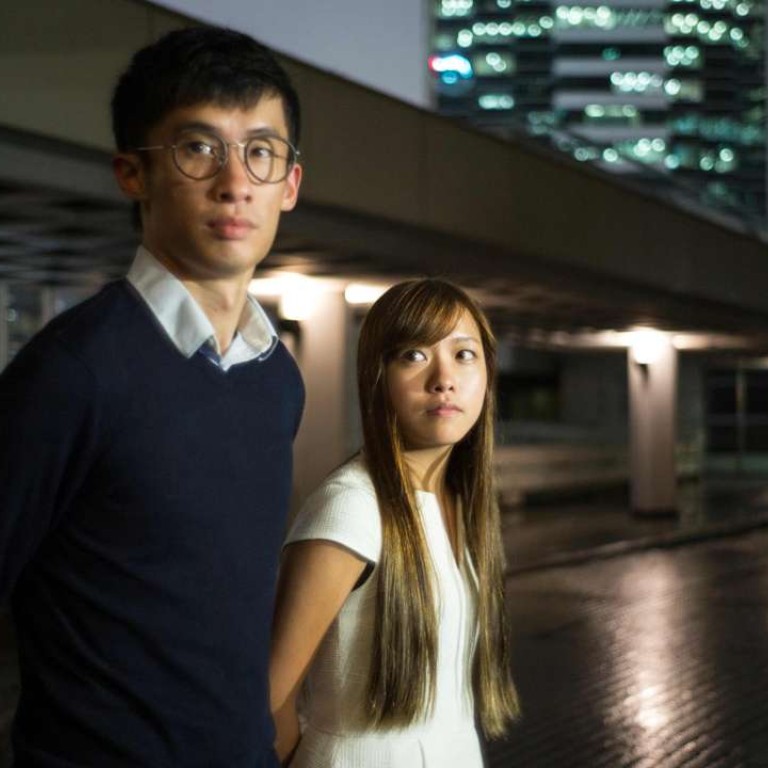
What’s in three words? Hong Kong debates whether principle of separation of powers applies to city
Beijing loyalists insist that it does not exist in Basic Law, while Chief Justice Geoffrey Ma says mini-constitution clearly sets out the principle
Fan said on Thursday the Basic Law “makes no mention” of separation of powers. Tam – a former Basic Law drafter – said separation of powers was not how Hong Kong’s political structure was defined, but admitted it was a legal principle for the courts.
Their opinion was in stark contrast to a speech made just two years ago by Chief Justice Geoffrey Ma Tao-li.

One of the leading judgments in this regard is the 2007 case of Leung Kwok Hung versus the Legislative Council president in which Mr Justice Michael Hartmann wrote that the mini-constitution “enshrines the separation of powers”.
In an earlier 2002 case, Hartmann said there was no dispute that the Basic Law was founded on the Westminster model, and, “as such, the powers of the legislature, the executive and the judiciary are separate”.
The Department of Justice, led by Secretary for Justice Rimsky Yuen Kwok-keung, said in a reply to the Post that it “respects” such judicial observations that the Basic Law incorporates separation of powers with an executive-led government.
It cited Basic Law provisions that authorised Hong Kong to enjoy executive, legislative and independent judicial power.
But the department spokesman also cited an academic point of view that politically charged terms such as separation of powers might be less appropriate in describing Hong Kong’s situation, which is characterised by checks and balances and distinct roles among the three branches.
While the judges’ rulings affirming separation of powers form part of the law in the common law system, politicians do not always subscribe to the concept as a political doctrine, even under a system where lawmakers can impeach the chief executive, the chief executive has a say over judges’ appointments and the courts can quash decisions made by the executive or legislative branches.

In its reply, the department spokesman said: “Whilst the other jurisdictions’ jurisprudence on ‘separation of powers’ are generally made in the context of a sovereign state ... [Hong Kong] is a special administrative region established pursuant to the ‘one country, two systems’ policy.”
Rebutting Zhang, the Bar Association said last year that, as a common law principle, separation of powers should continue to be implemented because the Basic Law had clearly defined the relationship between the three branches.
The Basic Law’s chapter on the city’s political structure has separate sections on the executive, the legislature and the judiciary, with the role of the respective institutions set out. Judicial independence is guaranteed.
“Nowhere does it say the executive can interfere with the other two institutions,” a senior judge, who spoke on condition of anonymity, told the Post.
Chief Secretary Carrie Lam Cheng Yuet-ngor noted on Sunday that apart from the three institutions, the Basic Law above all laid out the roles and responsibilities of the chief executive. Under Article 48, the chief executive is responsible for implementing the Basic Law.

The debate over a principle that is both legal and political in nature can be traced back to Sino-British negotiations on Hong Kong during the 1980s.
Speaking during a meeting with the Basic Law Drafting Committee in April 1987, paramount leader Deng Xiaoping said it would be inappropriate for Hong Kong’s political system to be based on “separation of powers”.
But analysts noted that Beijing went on to accept checks and balances among the three branches in Hong Kong, especially between the legislature and the executive, while upholding the independence of the judiciary.

